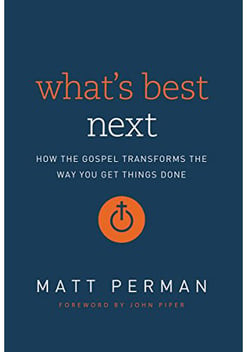10 min read
Cause and Purpose: The 7th Fundamental of Every Great Organization System
By: Chris Comeaux on 7/17/19 11:52 AM
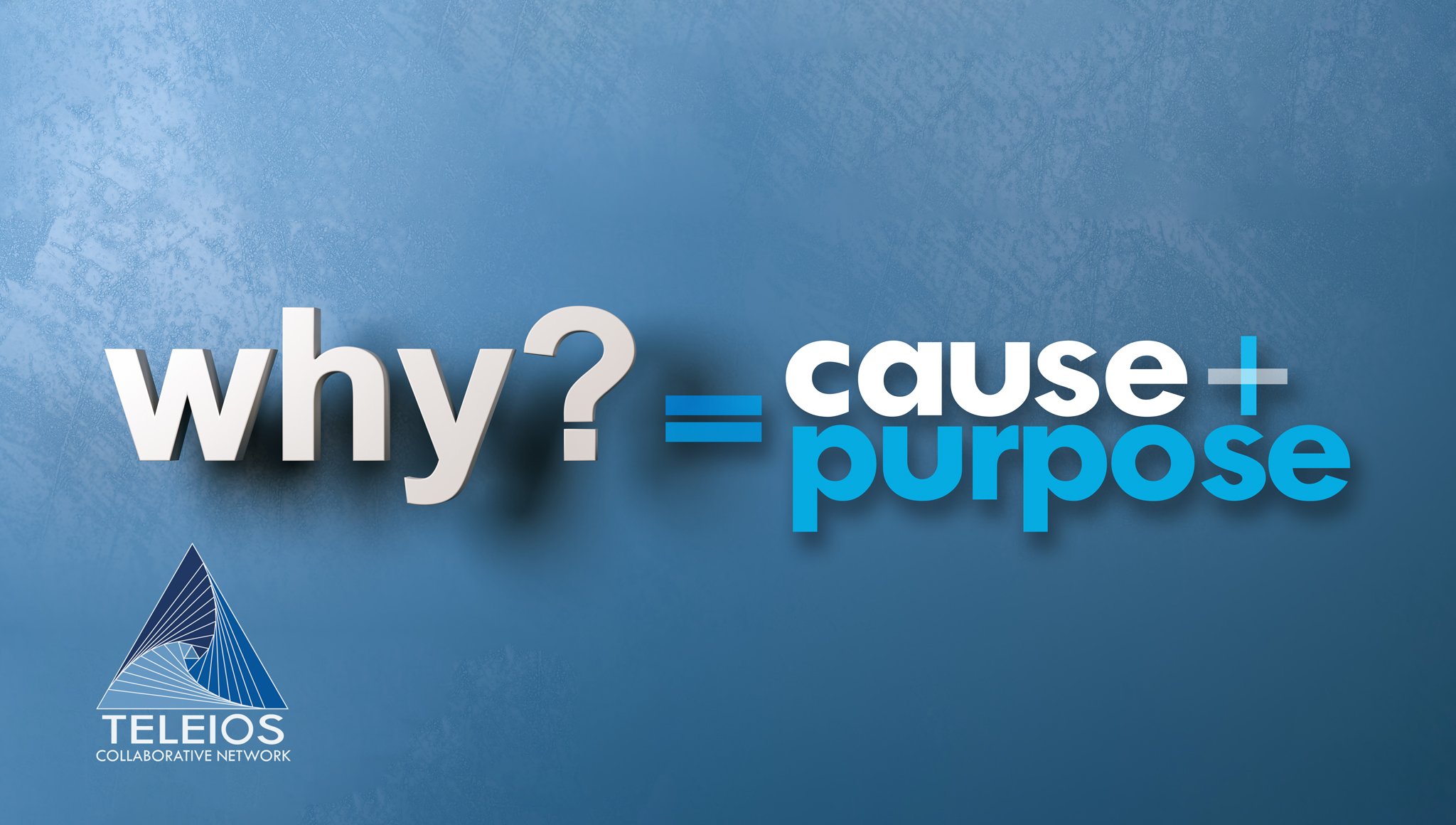
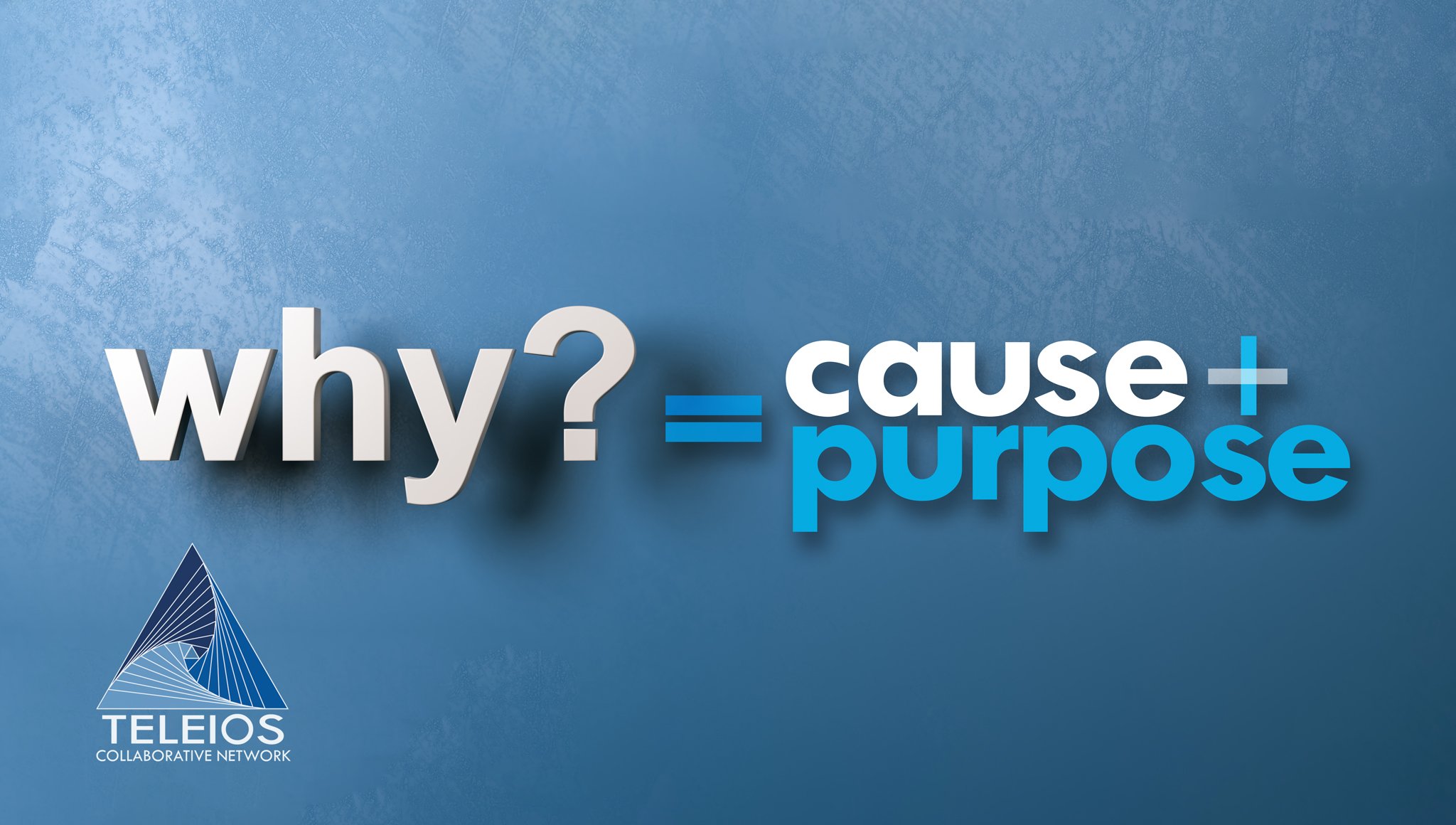
Stop the presses: there is a 7th Fundamental!
Thanks to the feedback several of you have given me on the last blog titled “The Interview”, which had a focus on cause and purpose, I realized something – there is a 7th Fundamental to every great organization system, and that fundamental is cause and purpose.
A Renewed Reminder
As I write this blog, I am on summer vacation with my family at the beach. Each year we make this annual trek which includes lots of beach time, resting, and, for me, reading several books.
I remember reading the wise words of C.S. Lewis years ago, and they impacted me to make this type of reading a practice:
“It is a good rule, after reading a new book, never to allow yourself another new one till you have read an old one in between.” – C.S. Lewis
I have not always lived by this, but for this vacation I endeavored to do that. My new book was What’s Best Next by Matt Perman and my old book was 7 Habits of Highly Effective People by Stephen Covey. Honestly, I did not know how much Perman’s book pulled from the 7 Habits, but I found it incredibly profound reading both books together during vacation.
The books created a renewed sense in me of the importance of cause and purpose – their place in our day-to-day work, our choice of priorities, and where we choose to spend our time. Each of these factors are tied directly to the importance of having a great organization system.
In fact, Matt Perman rekindled my passion for why having a great system is important. Each of us has been endowed with a life purpose and that purpose is to ultimately do good. If more and more people were discovering their cause and purpose and living it, our world would be a much better place and many societal issues would be addressed. Part of my cause and purpose is helping the hospice and palliative care world be better at what they do because this work is so important. Having a great organization system that serves each person well and helps them live lives that are more focused, less hectic and stressful, and are more successful is also part of my cause and purpose.

The Freedom Factor
Indulge me once more if you have made it through the 6 Fundamentals. There is one I left out, and this is most certainly it.
I first read the 7 Habits back in 1996 when I first started in hospice. As a result, I wrote my own personal Mission Statement and wrote out my values. In fact, I still have those pages from my old Covey Planner and on this vacation, I put them into my OneNote so they can be readily accessible. I know some of you may have tried this before and might feel like a personal Mission Statement is a bit corny, but perhaps we can rediscover it anew together like I did on this vacation.
I have said many times over the years that one does not just discover your cause and purpose like some edict that comes down from above on a stone tablet. Rather, you discover a sense of it and live life with it as a focus. Just like dialing in to focus a telescope, it becomes clearer and clearer. Covey came to find the same thing in the 7 Habits. He often would pull from Viktor Frankl, who survived the Nazi death camps.
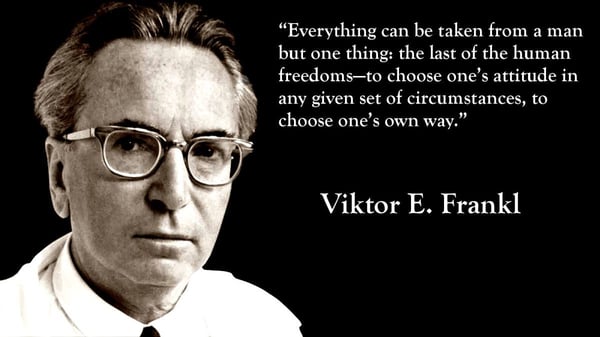
“Frankl says we detect rather than invent our missions in life. I like that choice of words. I think each of us has an internal monitor or sense, a conscience, that gives us an awareness of our own uniqueness and the singular contributions that we can make. In Frankl’s words, “Everyone has his own specific vocation or mission in life……Therein he cannot be replaced, nor can his life be repeated. Thus, everyone’s task is as unique as is his specific opportunity to implement it.” – 7 Habits of Highly Effective People
This incredible insight comes from a man who, as Covey says, discovered the last of the human freedoms amidst the most horrible captivity one can imagine, as the Nazis performed experiments on Frankl as if he were a lab rat. Frankl said he discovered he had the ability to choose – to choose how he would respond to these horrible things being done to him. In that, he felt he had more freedom than his Nazi captors. They may have had more liberty, but he had more freedom. As Mel Gibson said in Braveheart, “What will you do with that freedom?” A great question indeed.
Personal Purpose
For those who may have tried to craft a personal Mission Statement but feel that it did not work, I’d like to point out several things I had not considered prior to reading What’s Best Next.
- The reason most mission statements fail is because people are looking to themselves to figure out their purpose. Since we didn’t create ourselves, simply looking to ourselves to find our purpose will never work. Rick Warren captures this very well: “The search for the purpose of life has puzzled people for thousands of years. That’s because we typically begin at the wrong starting point – ourselves…Contrary to what many popular books, movies, and seminars tell you, you won’t discover your life’s meaning by looking within yourself. You probably tried that already. You didn’t create yourself, so there is no way you can tell yourself what you were created for.
- Our Cause and Purpose are not for our own glory. In his classic work The End for Which God Created the World, Jonathan Edwards looks at God’s reason for creating the world and doing everything that he does to see if there is a single, integrating, goal behind everything that God does. He argues that there is: “Thus we see that the great end of God’s works, which is so variously expressed in Scripture, is indeed but One; and this one end is most properly and comprehensively called, THE GLORY OF GOD.” This is a liberating truth because it means you don’t have to “make” your life meaningful. It already is meaningful. God himself loves you and has a purpose for you. Ultimate significance is offered and available to you.
- We don’t define our purpose; it is our place to discover that purpose and then state it in a way that is unique to us.
- As Matt Perman says, “Don’t start by envisioning your funeral.” Rick Warren also describes this problem well: “I once heard the suggestion that you develop your life purpose statement on envisioning your funeral…. Frankly that’s a bad plan. At the end of your life it isn’t going to matter at all what other people say about you. The only thing that will matter is what God says about you.’ What do you want to say to God when you give an account (there is a sobering thought)? What do you want God to say to you? That is a much better place to start.
- Base your mission on the actual purpose of life.
- Keep in mind the golden rule when thinking about your mission statement. (all excerpts from What’s Best Next)
These specific thoughts helped me to crystallize some of the shortcomings of doing a Mission Statement without that framing.
Below I’ve placed an image of my personal Mission Statement I wrote back in 1996. I did include a scripture which is something I chose to do as it is where I draw strength and wisdom for my life. You don’t have to do that, but you certainly can include anything profound to you that illustrates and poetically calls you to the ultimate picture of your Mission. The below statement still calls me forward each day.

“To continually improve and reach my God given potential, while helping, loving, and adding value to those around me.”
Let your light shine before others, so that they may see your good works and give glory to your Father who is in heaven. - Matthew 5:16
As you consider your cause and purpose, I challenge you to define your personal Mission Statement. Take some time, perhaps make a date with yourself and put it on your calendar. Get in the woods, go to the beach, or just take a walk. Get in a quiet space and wrestle with what your own unique purpose is. Don’t put pressure on yourself to make it eloquent the first time around. Just write down what comes to you.

This 7th, and perhaps most important, Fundamental causes us to live a life that makes the world a better place. Without it, we can be efficient, productive, and successful, but will it matter? Will it be fulfilling?
What’s Next?
Join us for our next several blog posts which will explore this theme in greater depth as we review Vision, Roles, and Values – components that help us not only identify our Cause and Purpose, the 7th Fundamental of every great organization system, but also most importantly help us live it daily.
Chris Comeaux, President / CEO of Teleios Collaborative Network
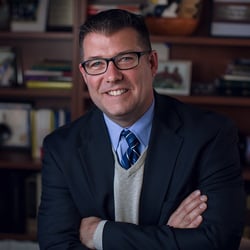
Teleios University (TU)
Program Launch: January 20-21, 2020
Discover More
Download the eBook below and unlock your true self-leadership potential.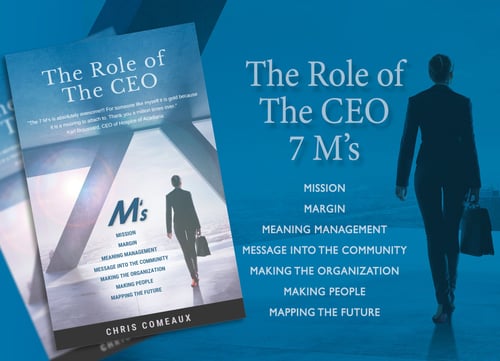
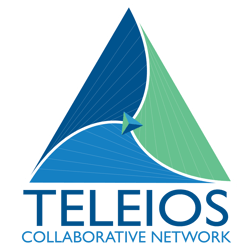
An organizational model that allows not-for-profit hospices (Members) to leverage best practices, achieve economies of scale and collaborate in ways that better prepare each agency to participate in emerging alternative payment models and advance their charitable missions.
Related Posts
The second fundamental: the task list
Our current blog series focuses on what I refer to as: “The 6 fundamentals needed for a great...
The third fundamental of every great organization system: The Intake System
We are in a blog series for what I call the 6 Fundamentals of every great organization system. Our...
Vision
As we finish unpacking the 7th Fundamental: Cause and Purpose, I’d like to place a focus on the...


